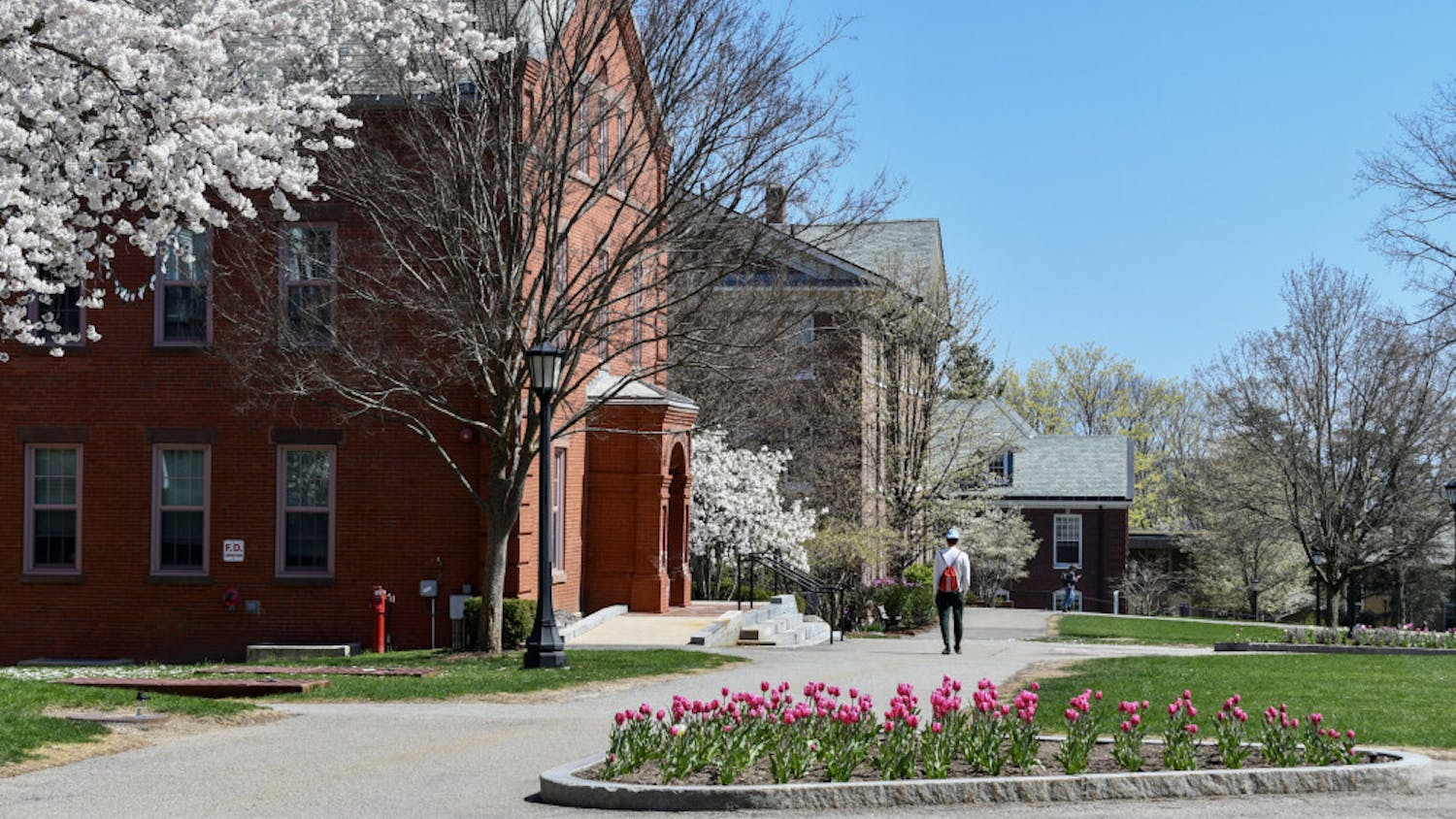The city councils of Medford and Somerville both voted unanimously to pass resolutions in support of Massachusetts Question 2 in October. If passed, the question — one of five on the ballot — would eliminate the statewide requirement that public school students must receive a passing score on the Massachusetts Comprehensive Assessment System in order to graduate from high school.
Current law requires that students receive a “competency determination” from the state before graduating high school, in addition to approval from their local district. Most students receive state approval by passing the MCAS, though some use alternative pathways. A “no” vote on Question 2 keeps this system in place, while a “yes” vote eliminates the requirement that students pass the MCAS in order to graduate, though students would still take the MCAS.
Those in favor of the MCAS, including Massachusetts Gov. Maura Healey, point out that eliminating the “competency determination” would leave Massachusetts without any statewide benchmark for high school graduation.
“By removing the MCAS graduation requirement, there’ll be absolutely no consistent graduation standard from city to town in Massachusetts, and that level of variance inevitably ends up in inequality,” Will Austin, a former public school teacher and founder of Boston Schools Fund, an organization that opposes Question 2, said.
The MCAS was first implemented in 1998 in accordance with the commonwealth’s Education Reform Act of 1993. According to a 2014 report prepared by the Massachusetts Department of Elementary and Secondary Education, the MCAS was instrumental in building “public support for efforts to close achievement gaps between students from different racial, linguistic, and economic groups.”
“It does provide data that highlights really important outcome gaps in educational attainment. Those are real, and it’s useful information,” Ryan Redmond, associate chair of the education department at Tufts, said. “But I think that [there are] enough people, specifically in the MTA, who now feel like the costs have outweighed the benefits.”
Advocates for the removal of the requirement include the Massachusetts Teachers Association, the commonwealth’s largest teachers union. The MTA and others argue that the high-stakes nature of the MCAS puts pressure on teachers to “teach to the test;” in other words, it causes teachers to focus on preparing students for the exam rather than teaching other material.
“Even if the question passes, the testing is still going to happen, but I think you’d see a little bit more equity and fairness in terms of it not affecting the curriculum as much,” Medford City Council President Isaac “Zac” Bears said.
“The MCAS itself is a good tool to gauge students in our schools, but to have it as a requirement for graduation, I think that it’s really a detriment,” City Councilor George Scarpelli, a former public school teacher, said.
Proponents of keeping the MCAS graduation requirement in place argue that schools are not obligated to tailor their curriculum to the exam.
“Bad teaching does not mean a bad test,” Austin said. “If a school or a school district is spending too much time on the MCAS and too much time preparing kids for that test, that’s a reflection of their choice as a school, not a reflection of the test.”
In response to concerns about the lack of a statewide standard, MCAS opponents say that the state legislature could replace the MCAS with an alternate set of standards, such as a set of core classes that students would be required to take in order to graduate, which is common in other states.
The commonwealth currently recommends that students take a set of classes known as the “MassCore,” which includes courses in English, mathematics, history, science, world language and art. State Sen. Jason Lewis, the chair of the legislature’s Joint Committee on Education, supports replacing the MCAS requirement with a requirement that all students take the MassCore classes.
However, proponents of the MCAS like Austin argue that the legislature is unlikely to pass a new set of standards in the short term due to disagreement about the role of statewide officials in regulating education.
“There’s this tension in the state. … The state has a constitutional duty to ensure the public schools support all children,” Austin said. “At the same time, there’s this deference to local authority and control. And so anytime there’s public policy in Massachusetts on education, there’s a little bit of a tug of war between the two.”
In advocating for the removal of the MCAS requirement, the Medford City Council hopes to encourage legislative action.
“Voting ‘yes’ on this question is a way to push the legislature to come up with something better than the MCAS,” Bears said. He added that the efforts of those advocating for a “no” vote on Question 2 “would be better focused [on] pushing the legislature to come up with something better, rather than trying to keep something that we know doesn’t really work.”






